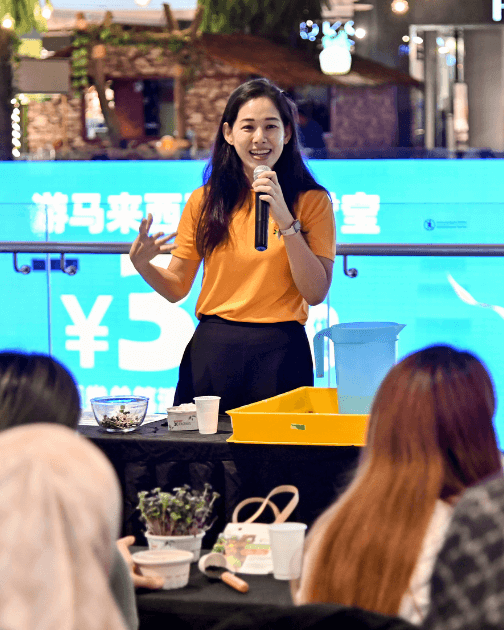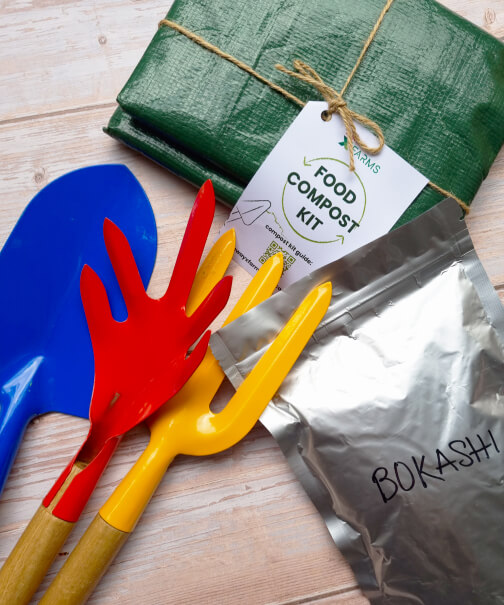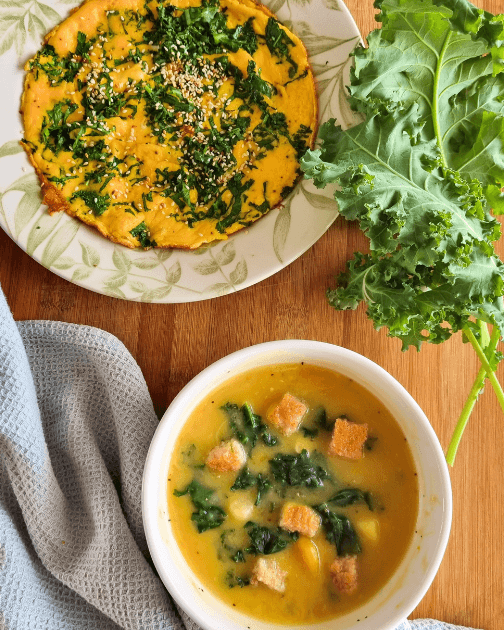As urban farmers, we often get the questions “Are you organic?” or “Hydroponic is organic, right?”. While our vegetables are indeed 100% pesticide-free and contains all the health benefits associated with ‘organic vegetables’, there are fundamental differences between the terms organic and hydroponic.
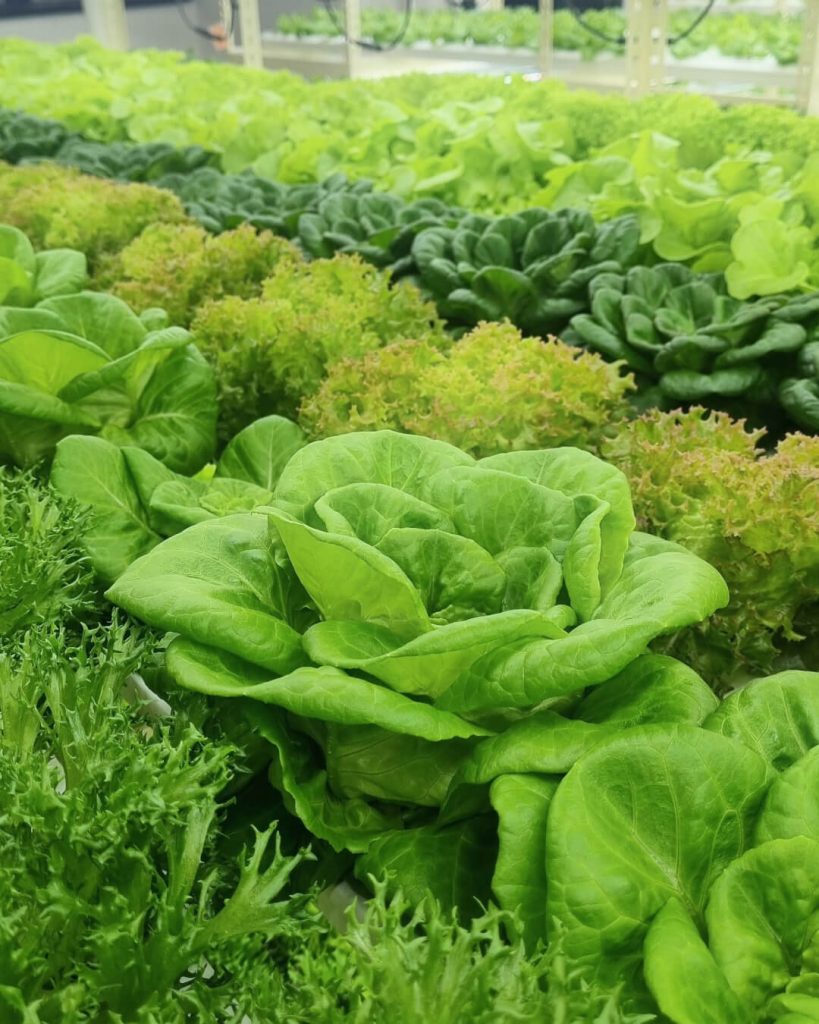
Does organic mean pesticide-free?
When we see the organic aisle in the supermarket, the initial thought is that the vegetables are pesticide-free. However, that is not necessarily true. Compared with produce grown using conventional farming methods, organically grown produce has lower levels of pesticide residue. Pesticides used by organic farms are also in natural form and include substances derived from plants, minerals, and microorganisms.
The term organic actually means to grow produce in a well-balanced ecosystem—involving soil (as the main component), plants, animals, and pests that are interconnected to one another. Organic agriculture requires maintaining or improving soil health. This farming practice depends on natural ecological processes and biodiversity that adapts to local environmental conditions, rather than external adverse inputs such as pesticides to produce healthy crops. The entire ecosystem begins and ends with soil, and this regenerative form of agriculture is what organic farming is about.
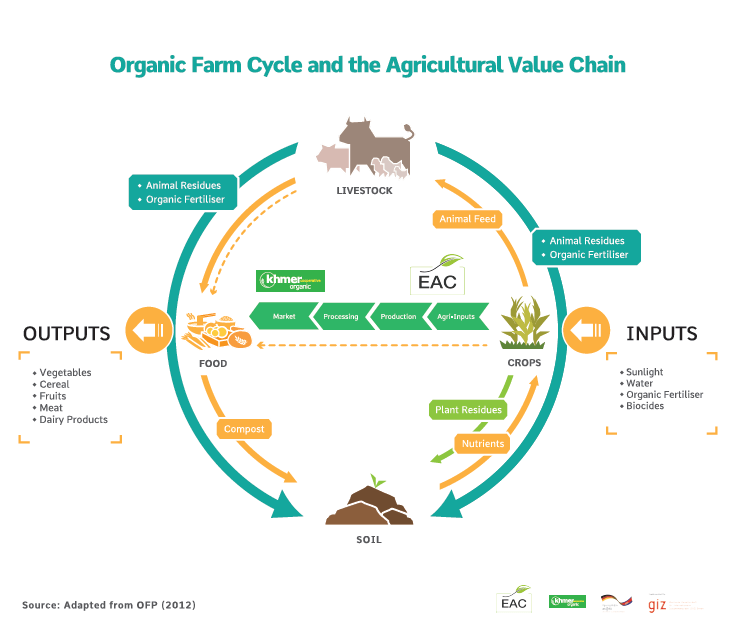

Is hydroponic farming organic?
The invention of modern hydroponics farming has been around for more than 80 years. Hydroponic farming uses water as the main growing medium to transport nutrients to the plant roots. This method uses up to 90% less water than traditional soil-based farming, as the water balance from irrigation is collected & redirected into a tank where it is filtered and pumped back again to the plants in a circular system. By eliminating the use of soil, hydroponic farming can be integrated into vertical and urban farming spaces, reducing heavy land usage including deforestation and soil degradation. Indoor hydroponic farming can further eliminate the use of pesticides and the threat of unpredictable weather, granting consistent harvest all year round. As hydroponic farming does not use soil, it has not yet been classified as organic in many countries although in Singapore and the United States, hydroponics crops qualify for organic certification.
So what should I be looking out for?
Ultimately, it’s important to ask ourselves if the food we consume were sustainably grown and safe to consume. Pesticide-free crops literally means that crops were grown without the long list of pesticides including insecticides, fungicides, herbides, rodenticides, bactericides, larvicides, etc. which are very harmful to our bodies. Freshness is also a key factor to consider as the longer food travels and sits on the supermarket shelves, the more nutrients and vitamins are loss.
At Sunway XFarms, our crops are 100% certified pesticide-free and planet-friendly. We proudly hold the Malaysian Good Agricultural Practice (myGAP) Pesticide-Free certification and prioritise the safety and quality of our crops above all. Trust in us to provide you with fresh food that’s sustainably grown, tasty and nutritous. Check out our veggie subscriptions and try a happy bag today!

